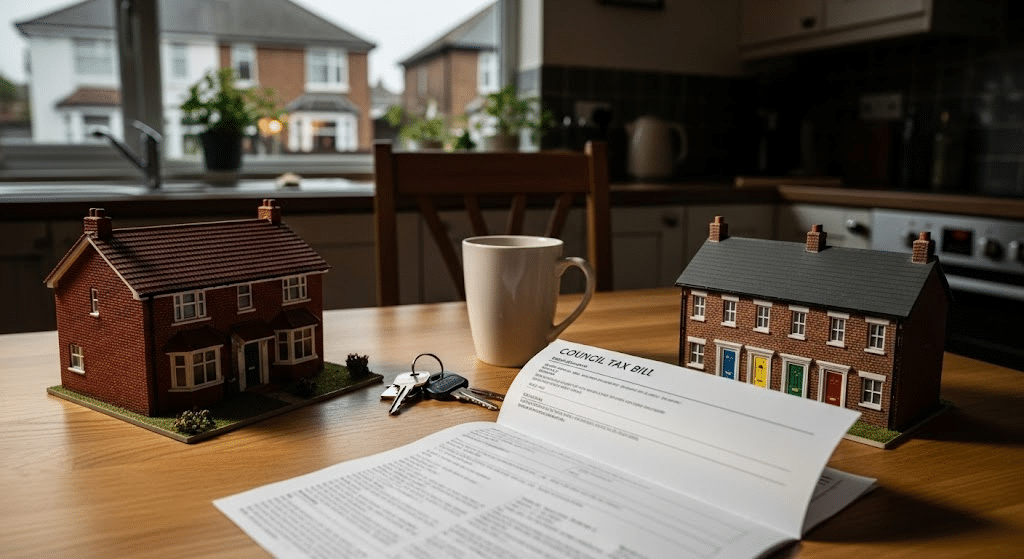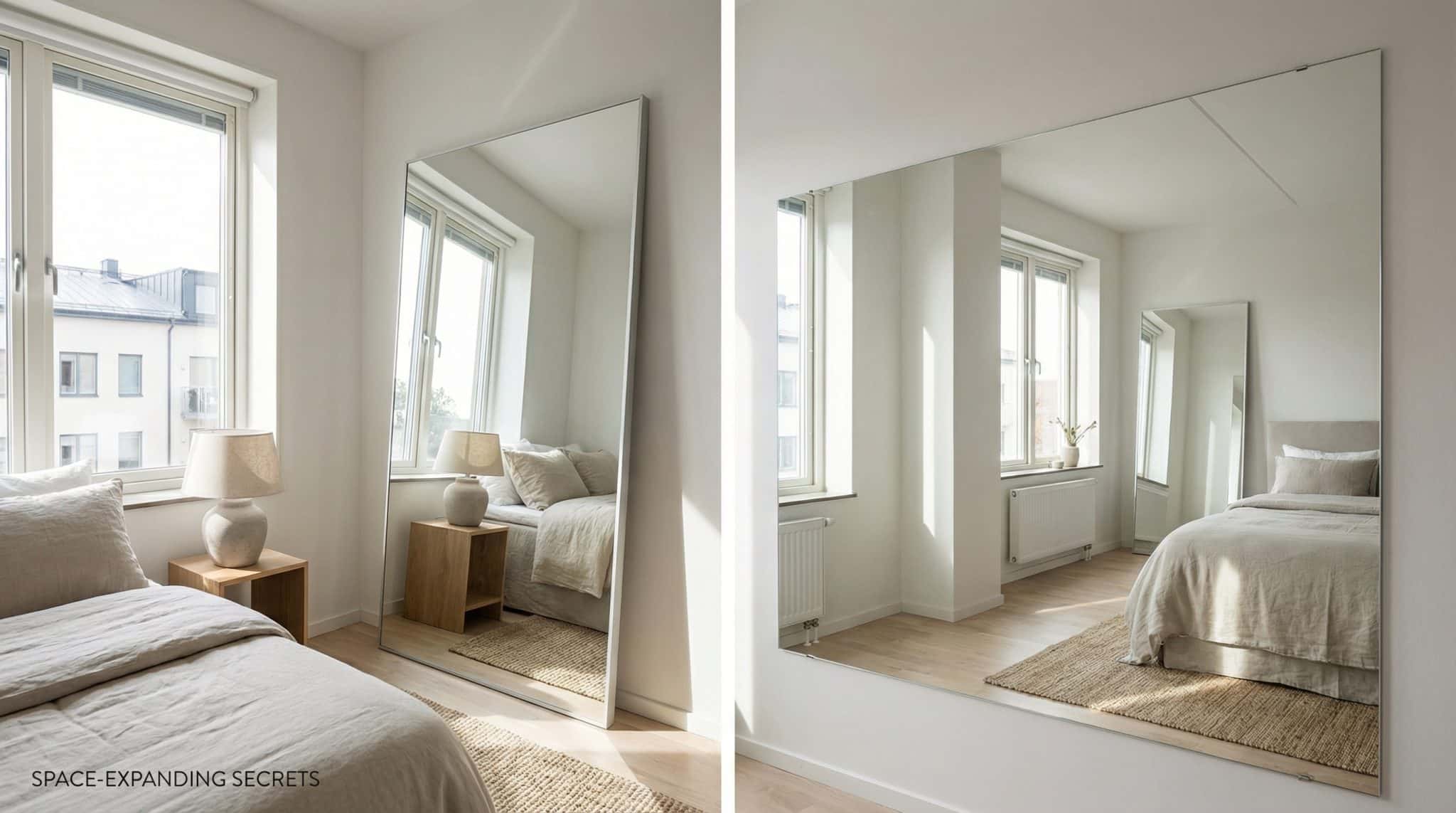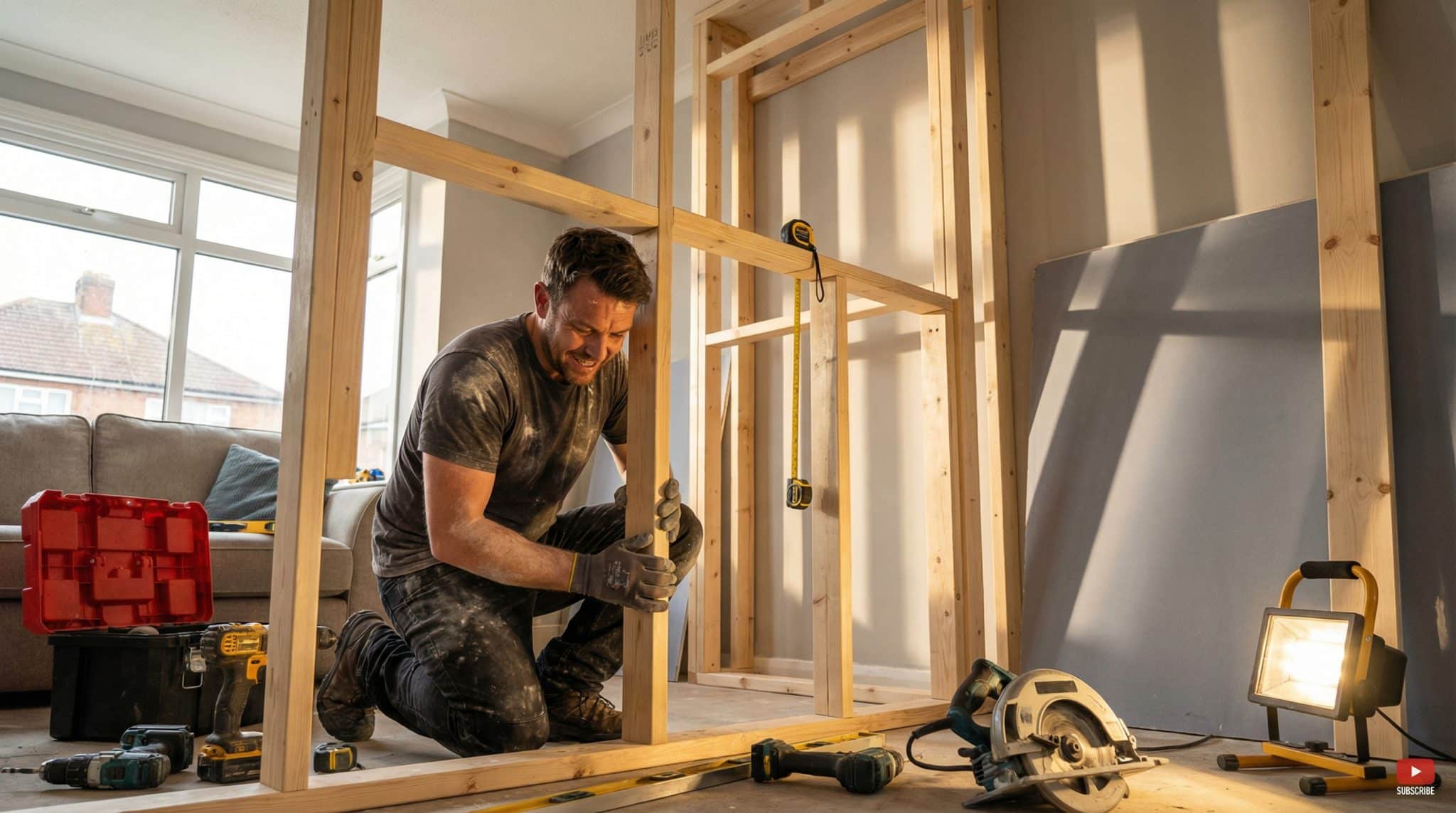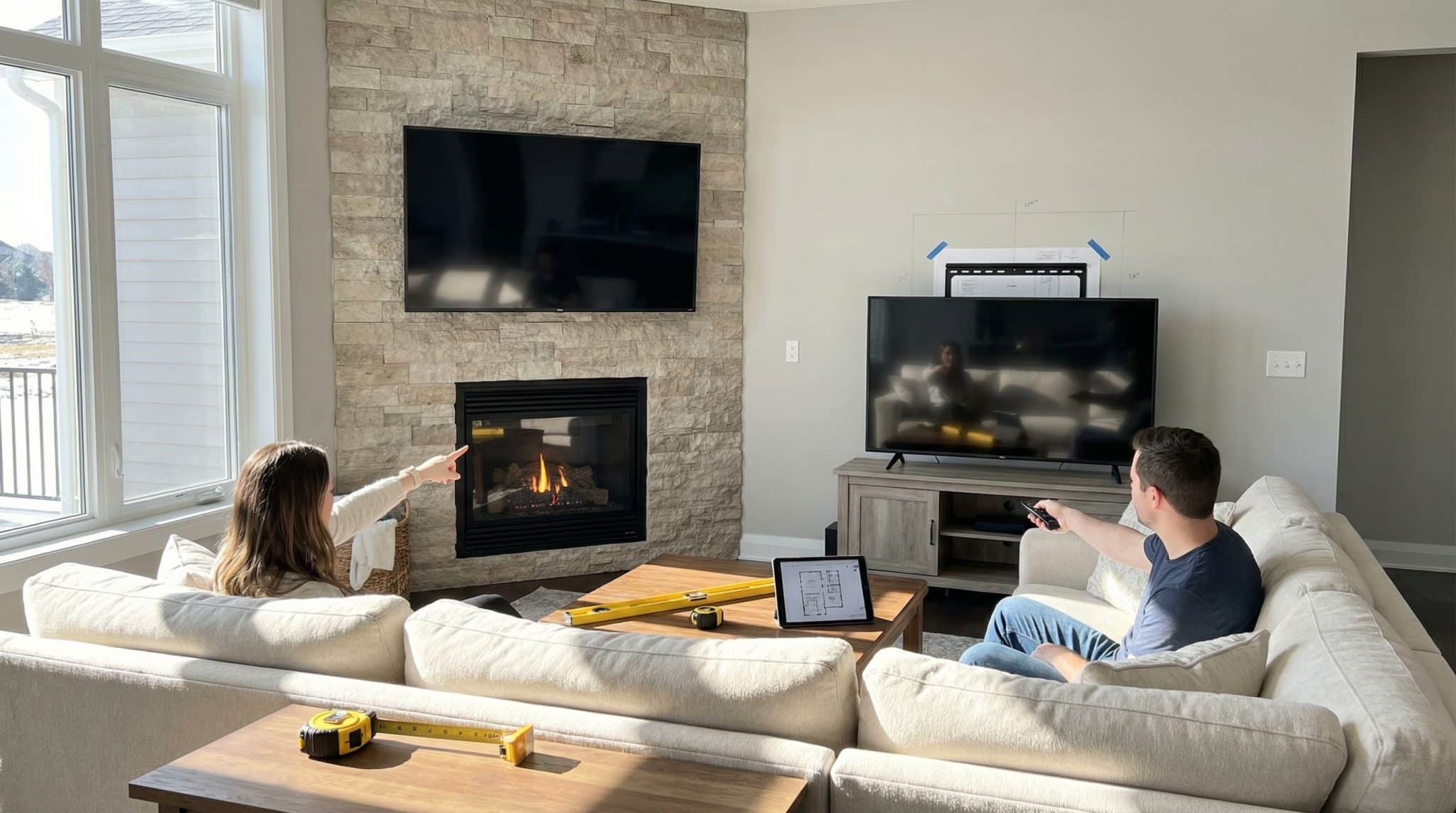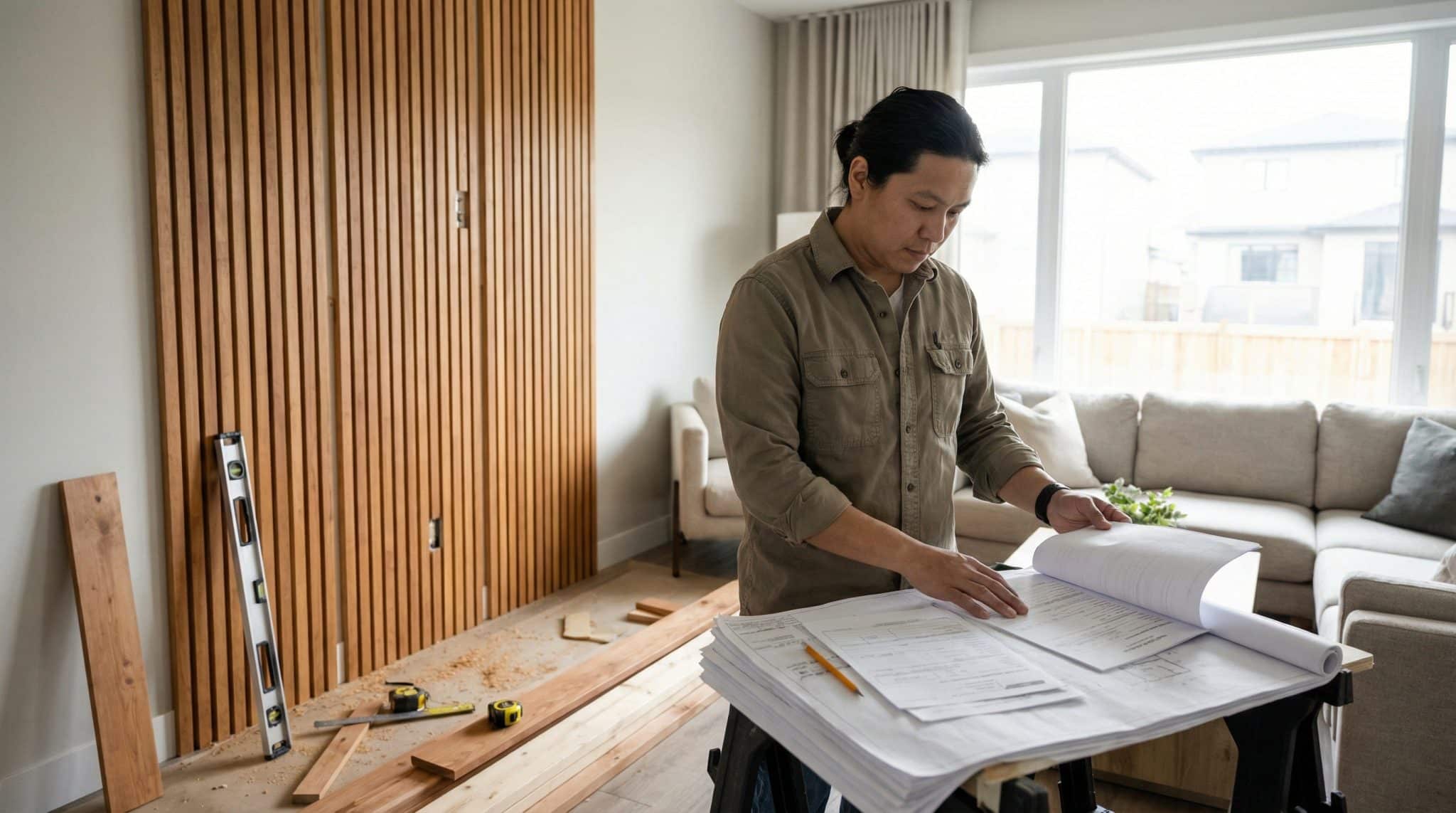Do landlords pay council tax when the property is empty? This question worries many property owners when tenants move out and bills keep arriving.
Yes, landlords become responsible for the council tax the moment a property becomes vacant.
The liability transfers directly from tenant to landlord on moving day, catching many property owners off guard with unexpected bills.
However, you can reduce these costs through available exemptions and short-term reliefs. Some councils offer discounts for unfurnished properties or during renovation work.
Premium charges for long-term empty properties can significantly impact your finances, so knowing these rates helps you plan ahead.
This article explains when landlords pay council tax for empty properties, which exemptions apply, how to claim discounts, and practical tips to minimize void period costs while staying compliant.
Is Council Tax Payable on Empty Rental Property?
Yes, landlords do pay council tax when their property is empty. The moment your tenant moves out, you become responsible for the council tax bills until someone new moves in.
This rule applies across England, Scotland, and Wales.
There is generally no automatic grace period nationally; landlords are liable from the day the property becomes vacant unless their local council offers a specific exemption or discount for empty properties.
The liability transfers directly from the tenant to the landlord on the day the property becomes vacant.
However, some exemptions and short-term discounts may reduce your bill.
Landlords pay from day one of vacancy at the standard residential council tax rate. Long-term empty properties face premium charges after 2 years.
Who Pays Council Tax? Key Liability Rules

Council tax liability becomes more complex in certain rental situations. These special cases have different rules from standard single-tenant properties.
1. Houses in Multiple Occupation (HMOs)
HMO landlords often pay council tax even when tenants live in the property. This applies when tenants rent individual rooms rather than the whole house.
No tenant has exclusive use of the entire property. Shared kitchens, bathrooms, and common areas mean the landlord remains liable for council tax bills.
Some councils offer HMO discounts, but the landlord still receives and pays the bill. Check with your local authority about available HMO council tax reductions.
2. Joint Tenancies and Shared Responsibility
Joint tenancy agreements can create shared council tax liability between multiple tenants. When all joint tenants move out simultaneously, liability transfers to the landlord immediately.
If only some joint tenants leave, the remaining tenants become responsible for the full council tax amount. The landlord is not liable until the property becomes completely empty.
Individual tenancy agreements work differently. Each tenant pays council tax for their own portion, and liability transfers to the landlord room by room as tenants move out.
3. Student Properties and Mixed Occupancy
Properties with mixed student and non-student tenants follow special rules. Full-time students are exempt from council tax, but non-student tenants remain liable.
When all occupants are students, the property may qualify for full council tax exemption. This exemption continues during void periods until non-students move in.
Properties transitioning from student use to general rental may face different council tax rates. Notify your council when the property use changes to ensure correct billing.
4. Company Lets and Corporate Tenancies
Corporate tenancies, where companies rent properties for employees, create different liability rules. The company usually pays council tax rather than individual employees.
When corporate tenants end their lease, liability transfers to the landlord as with standard tenancies. No special grace period applies for company lets.
Serviced accommodation and short-term corporate lets may qualify for business rates instead of council tax. This depends on the length and nature of rental agreements.
When Do You Not Pay Council Tax?
Some empty properties can avoid immediate council tax charges. Several exemptions and reliefs reduce or eliminate bills temporarily.
Short-Term Reliefs:
- Some councils may offer a short-term discount or relief (up to 1 month) for unfurnished properties.
- Property must be completely empty – no furniture or appliances
- Major renovation work can extend this relief period
- Inform your council immediately if you are refurbishing between tenants
- Councils may waive charges during building work
Full Exemptions:
- Previous occupant in prison or a care home permanently
- Repossessed properties during the mortgage lender’s sale process
- Severely damaged or derelict homes are deemed uninhabitable
- Properties awaiting demolition with planning permission
- Former student accommodation when all occupants were students
|
Important Note These exemptions require formal applications and are not granted automatically. Each council has different policies, so check your local authority’s specific rules. You must prove your case meets the specific criteria for each exemption type. |
Higher Council Tax for Long-Term Empty Properties
Councils charge extra fees for properties that remain empty for extended periods. These premiums increase significantly the longer your property stays vacant.
| Duration | Premium | Notes |
|---|---|---|
| Under 2 years | None | Normal rate applies |
| 2+ years | 100% extra | Most common premium |
| 5+ years | 200% extra | Varies by council |
| 10+ years | 300% extra | Maximum in most areas |
Leaving your property empty incurs significant costs through council tax premiums. After two years vacant, you’ll pay double the normal rate, and it only gets worse from there.
The message is clear: rent it out, sell it, or pay heavy penalties that can triple your annual council tax bill.
Other Property Types and Council Tax

Certain property types and situations have different council tax rules. These special cases affect when and how much you pay as a landlord.
Holiday homes and commercial properties follow distinct regulations from standard residential rentals. Each type has specific requirements and potential cost savings.
Holiday Homes and Second Properties
Furnished second homes often face different charges than standard empty rental properties.
Many councils apply surcharges even when these properties sit empty between bookings. Holiday let properties may qualify for business rates instead of council tax.
This switch can reduce costs significantly, especially during quiet periods. Short-term rental properties like Airbnb face complex rules.
Properties used for holiday lets part-time may still incur council tax charges during empty periods. Some councils charge premiums on second homes regardless of how often they are used.
These policies aim to encourage full-time residential use over holiday accommodation.
Landlords should check whether their properties qualify as holiday accommodation for business rates. The application process requires evidence of genuine commercial use.
Commercial Landlords and Business Rates
Commercial properties use business rates instead of council tax.
Empty commercial premises often qualify for relief periods before charges begin. Most councils offer three months’ free business rates for newly empty commercial properties.
Some property types receive longer relief periods. Retail properties in certain areas may qualify for extended empty property relief. Industrial and warehouse properties sometimes get different treatment than offices or shops.
Small commercial properties worth less than the specific rateable values may qualify for Small Business Rate Relief. This can eliminate business rates entirely for some landlords.
The business rates system changes frequently. Government policy adjustments can affect relief periods and qualification criteria for empty commercial properties.
Managing Council Tax During Void Periods
Smart landlords follow specific practices to minimize council tax costs during void periods. These strategies help you stay compliant while reducing unnecessary expenses.
- Contact your council within 21 days of tenants moving out, providing accurate move-out dates.
- Apply for exemptions or discounts immediately – don’t wait for bills to arrive.
- Keep detailed records of empty periods and set reminders for the premium trigger date.s
- Research your council’s specific policies before properties become vacant.
- Review all council tax bills carefully for errors or missed discounts.
- Use the council’s online portals for faster service than phone or letter contact.
The Bottom Line
Landlords pay council tax when the property is empty from the day tenants move out. This responsibility cannot be avoided, but smart property owners can minimize costs through available exemptions and reliefs.
Contact your council immediately when properties become vacant to apply for qualifying discounts. Unfurnished property relief and renovation exemptions can reduce bills during void periods.
Long-term empty properties face premium charges, making quick tenant placement financially important.
Each council operates different policies, so research your local authority’s specific rules. Keep detailed records and maintain regular communication with the council tax departments.
Share your own council tax experiences in the comments below. Have you successfully claimed any exemptions or discounts?
Want to get the legal or money stuff right? Read more here.
